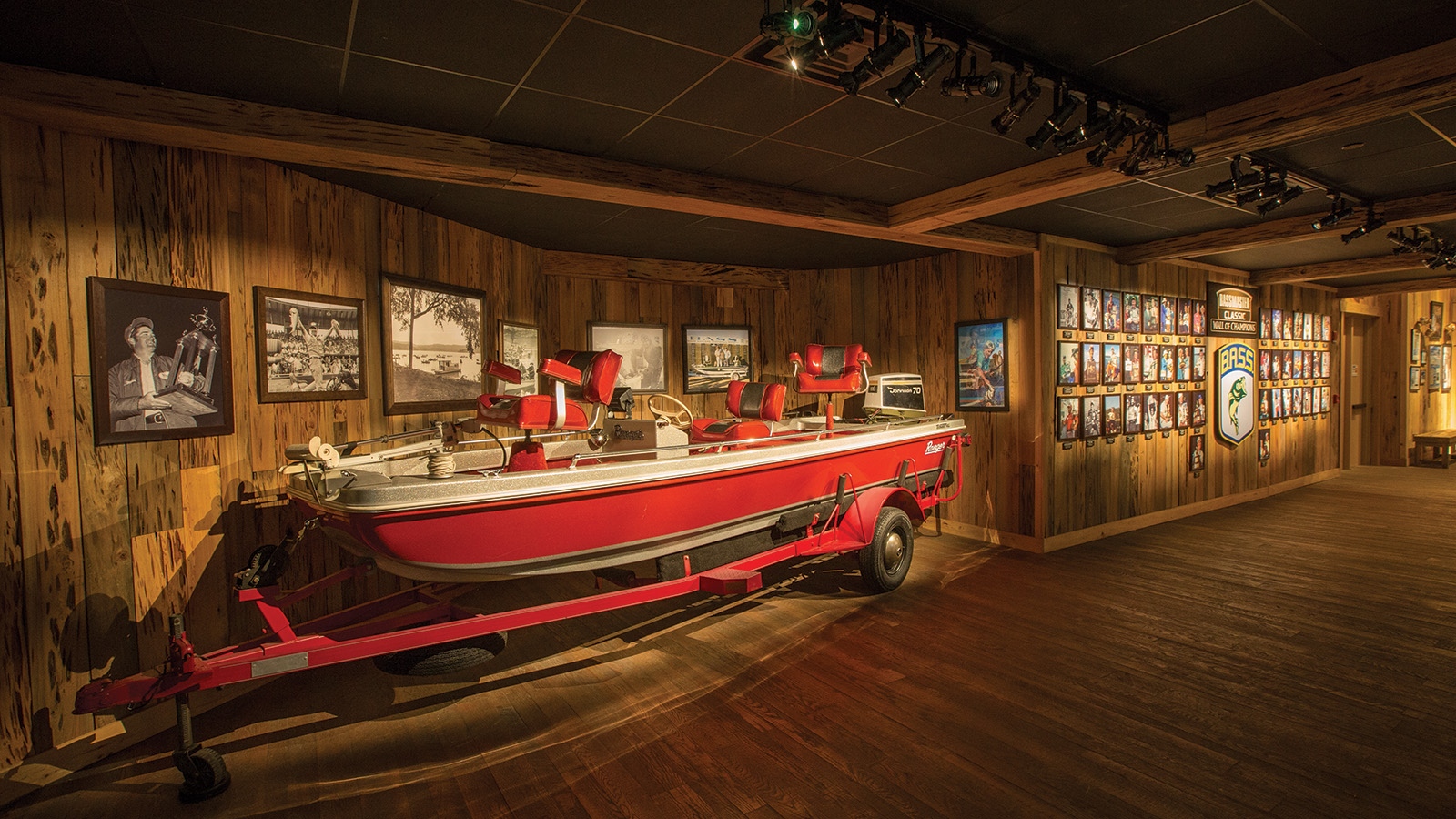
If you’re a fishing enthusiast, you likely already know that a “Lunker” is a really big fish. If that term is new to you — welcome to big bass country!
Meet the Largemouth Bass: Nature’s Apex Predator
So, how do you recognize a largemouth bass? The clue is in the name! Their mouths are so large that they extend beyond the outer edge of their eyes. In the wild, these fish are apex predators, dominating the food chain in their habitat. They are voracious carnivores, feasting on fish, frogs, snakes, small water birds, and even baby alligators. Imagine sitting down to eat a three-foot-long steak — that’s what a largemouth bass does when it swallows prey half its size!
Lunker-sized bass thrive in reservoirs and lakes, many of which have been shaped by the U.S. Army Corps of Engineers. This joint group of civilians and soldiers focuses on environmental sustainability while managing waterways, creating habitats for trophy bass, and enhancing recreational opportunities for anglers. Thanks to these efforts, many Bassmaster tournaments are held on manmade reservoirs where anglers dream of reeling in a record-breaking fish.
A Walk-Through Bass Fishing History
As you explore the area, follow the trail past bronze plaques honoring the Inductees of the Bass Fishing Hall of Fame. Stop by the Special Edition Ranger boat, then immerse yourself in the history of Bassmaster Anglers and tournaments through a fascinating collection of artifacts and artwork.
Make sure to check out the display cases showcasing models of world-record freshwater fish, including legendary largemouth bass. These giants represent the ultimate angling achievement—something every fisherman dreams of hooking on the end of their line!
Thank You to Our Conservation Partners
We’d like to give a special shoutout to the Florida Fish & Wildlife Conservation Commission and Texas Parks and Wildlife Department for their dedication to maintaining high-quality bass fisheries. Their ongoing efforts help ensure that the thrill of catching a trophy bass remains alive and well for future generations to enjoy.
